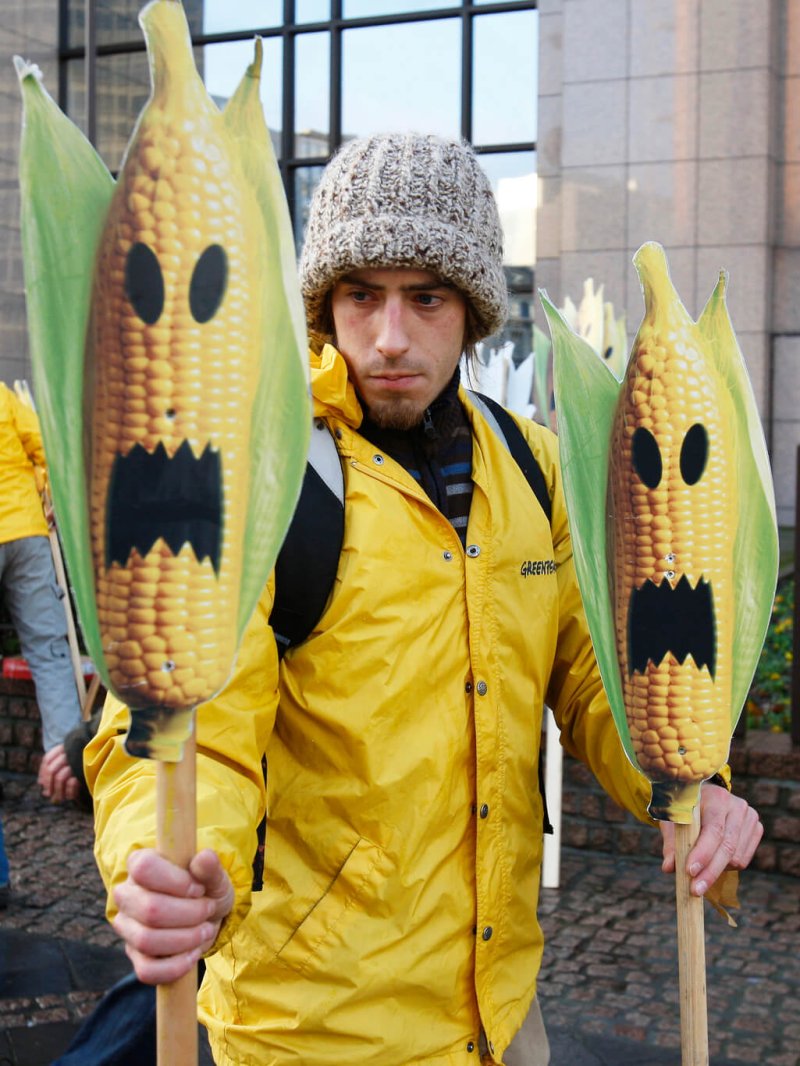I confess I don’t read that many books in a year – preferring shorter Internet features instead – but I’m sure glad I found time in 2018 to read Mark Lynas’ Seeds of Science …. [T]he part of the book which affected me most was the initial chapter ….
…
While Mark Lynas was ripping out crop biotech trials in the UK, I was the executive vice-president (chief of staff) of the Ontario Corn Producers’ Association (OCPA) …. Corn farmers had watched as corn breeders …. searched for improved genetic resistance to the European Corn Borer (ECB) using conventional breeding techniques.
…
Then in the early 1990s we learned how biotech Bt technology …. could provide near total control. OCPA lobbied aggressively for Canadian approval …. Bt corn was an instant success in Ontario …. entire cornfields with scarcely a fallen plant at harvest time was something new …. But [in 1997] Greenpeace Canada picked this as a priority issue and the game changed.
…
Greenpeace …. [argued] that the ‘big arrogant American chemical company was trying to dominate world agriculture using biotech.’ Monsanto was bad and, hence, biotech was bad ….
…
[Our] pitch against Greenpeace was simple – a huge multinational bully trying to squash small farmers trying to make a better world …. Greenpeace did not know how to respond when it was the one being portrayed as a multinational heavy attacking small farmers.Read full, original article: Why Lynas’ Book, Seeds of Science, Made Me Angry! Fortunately, the Greenpeace Strategy Fizzled in Canada. Here’s Why































